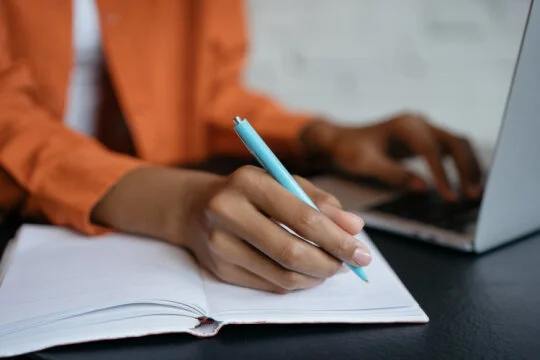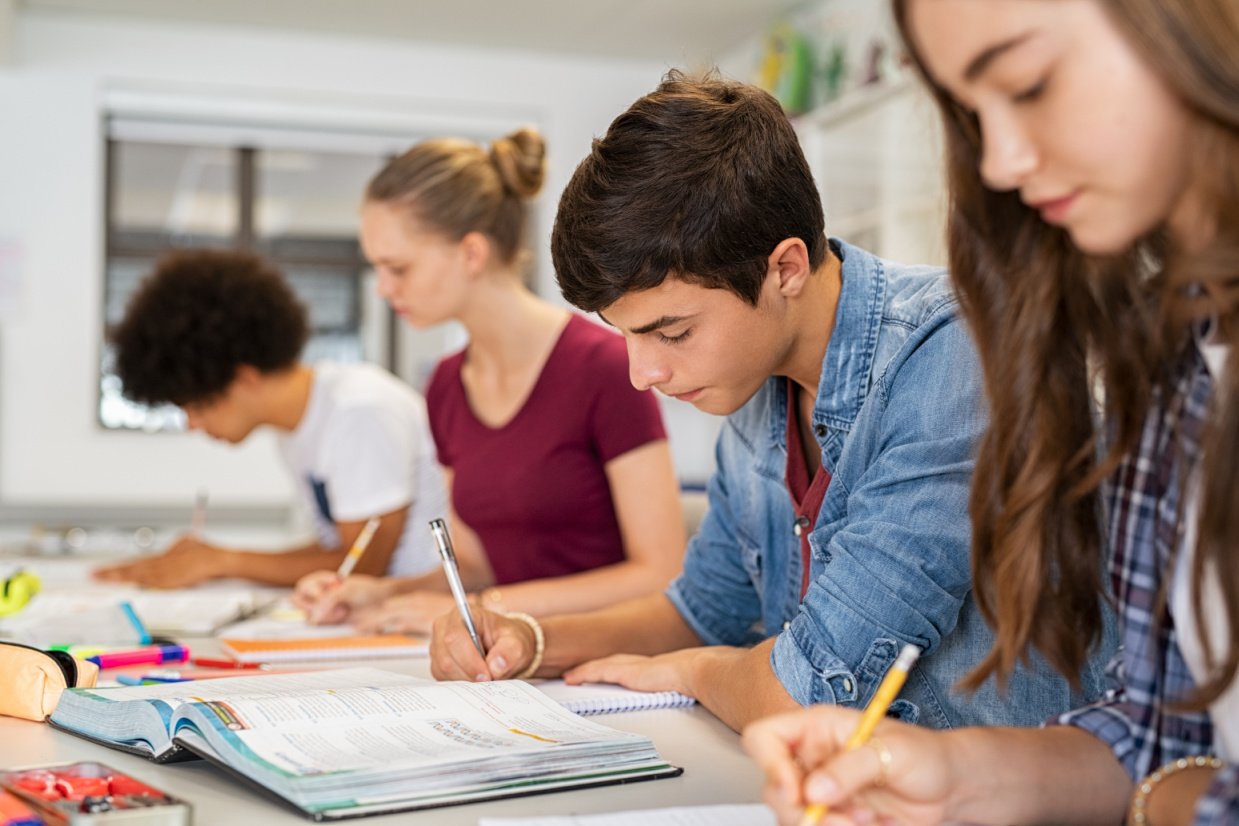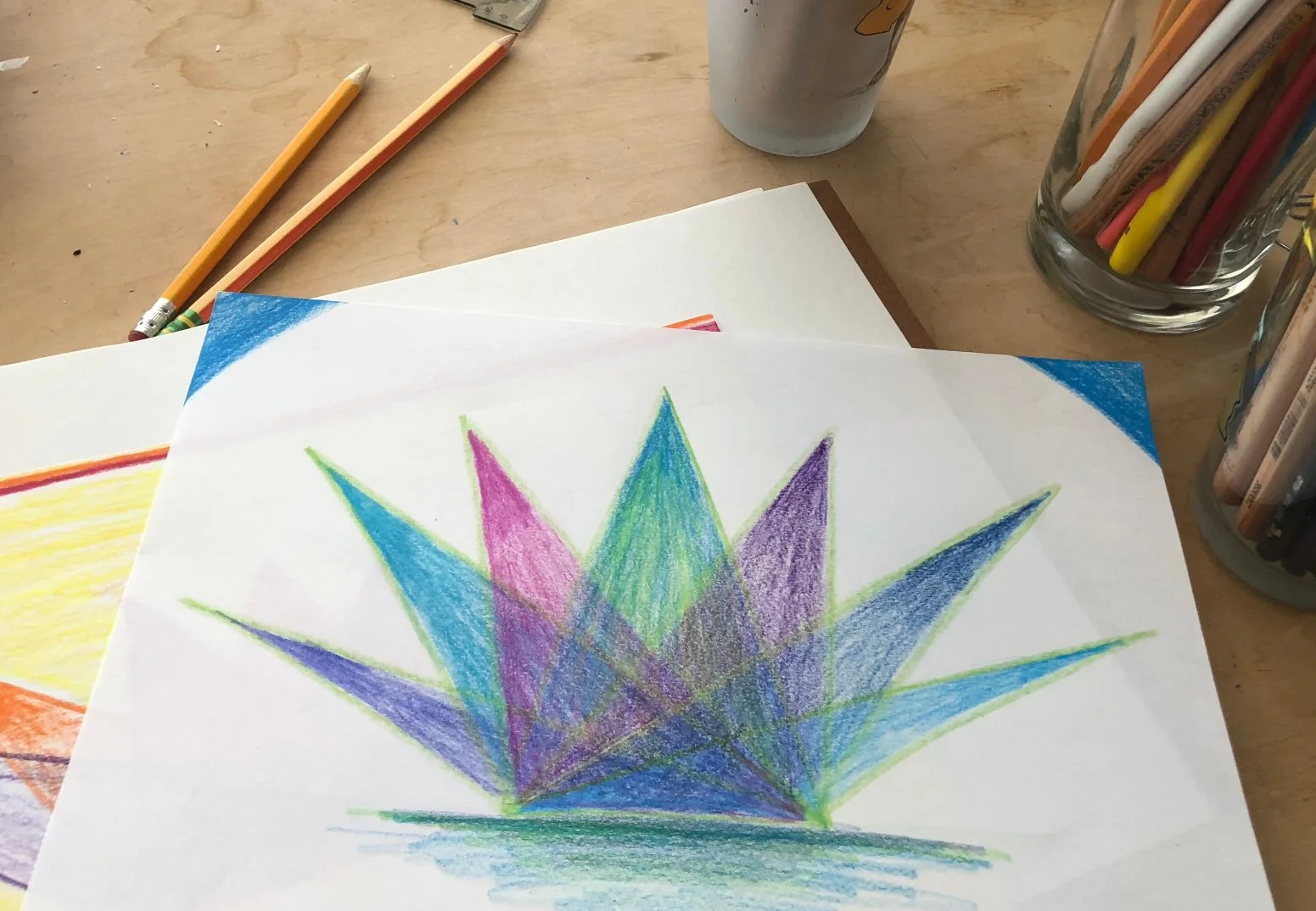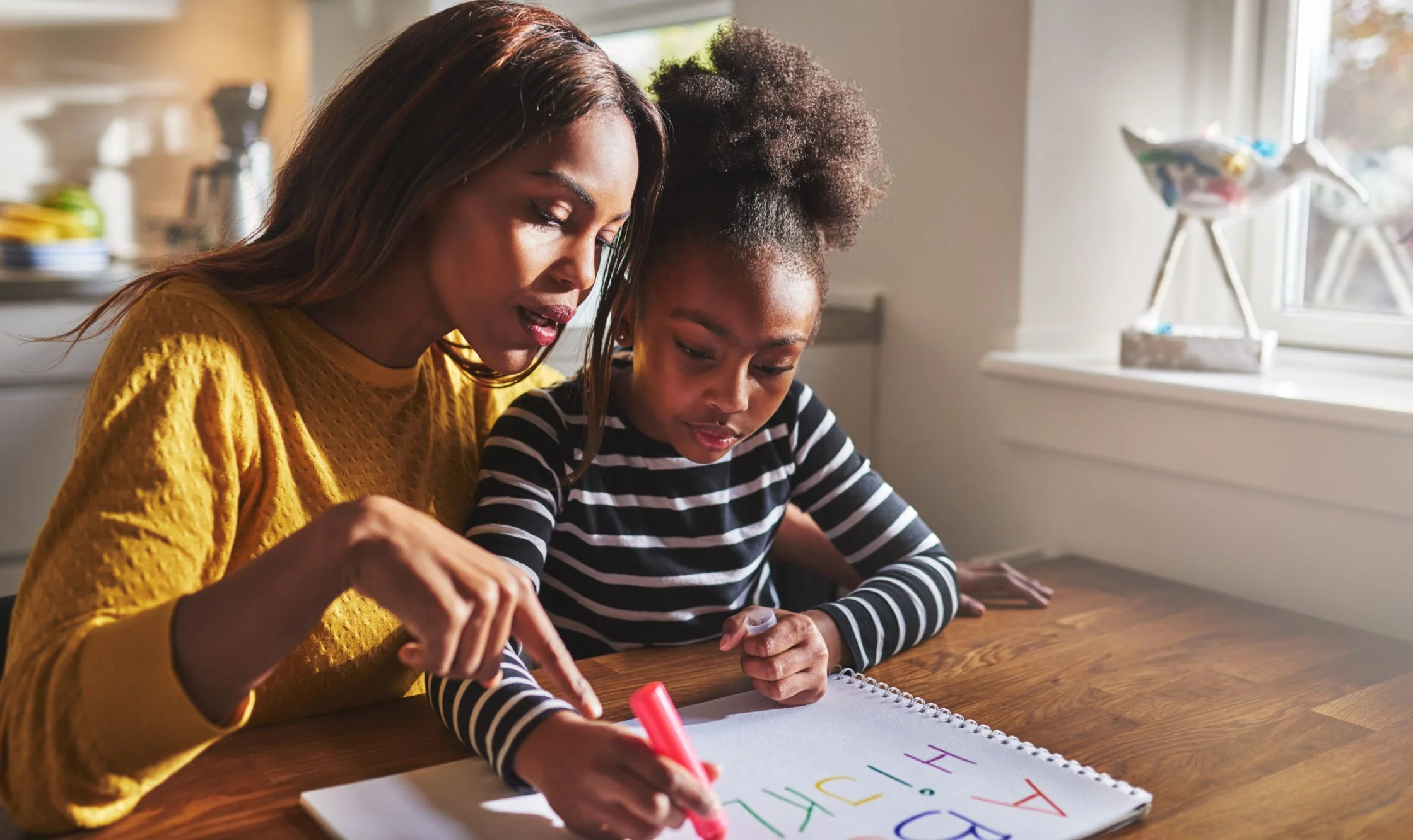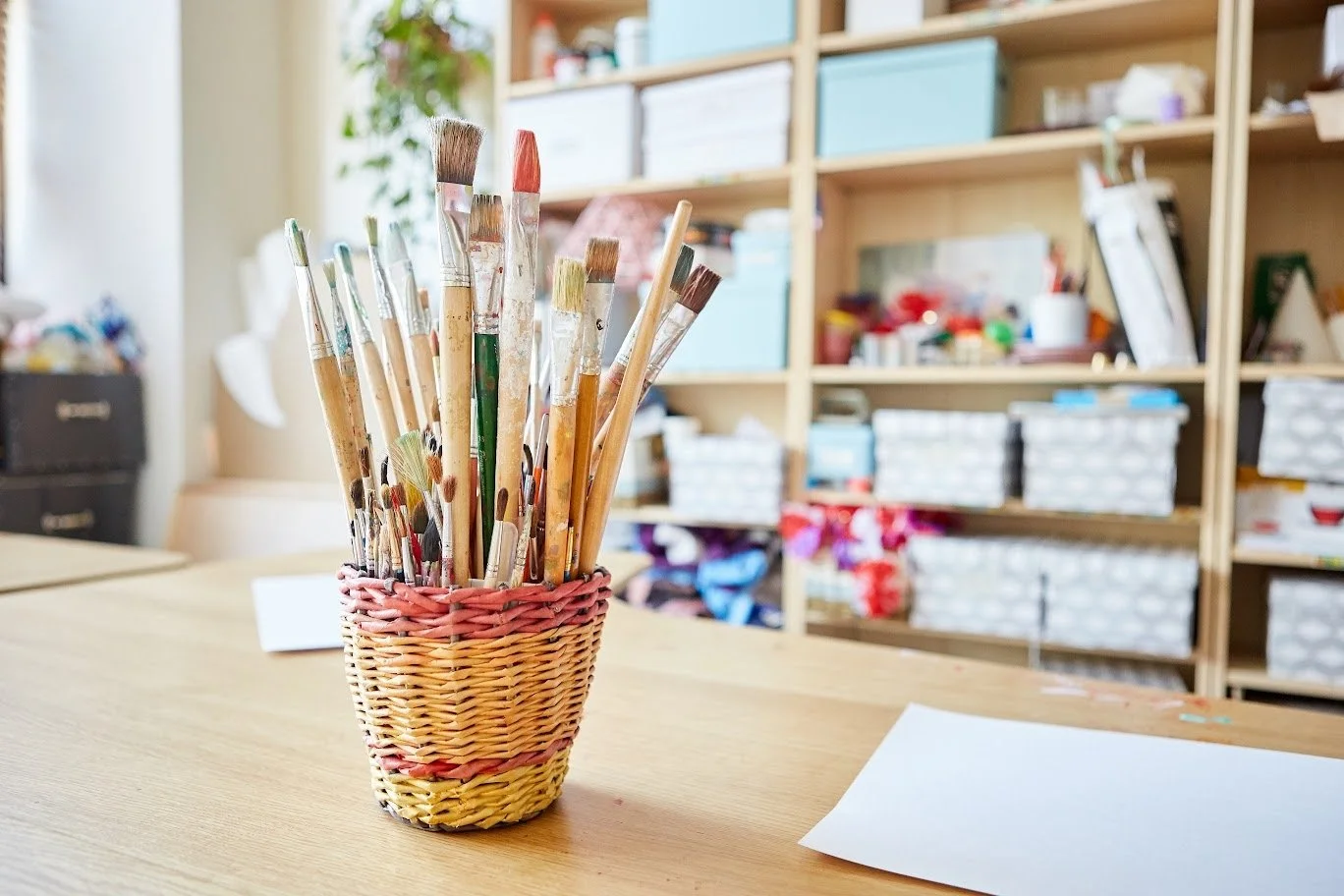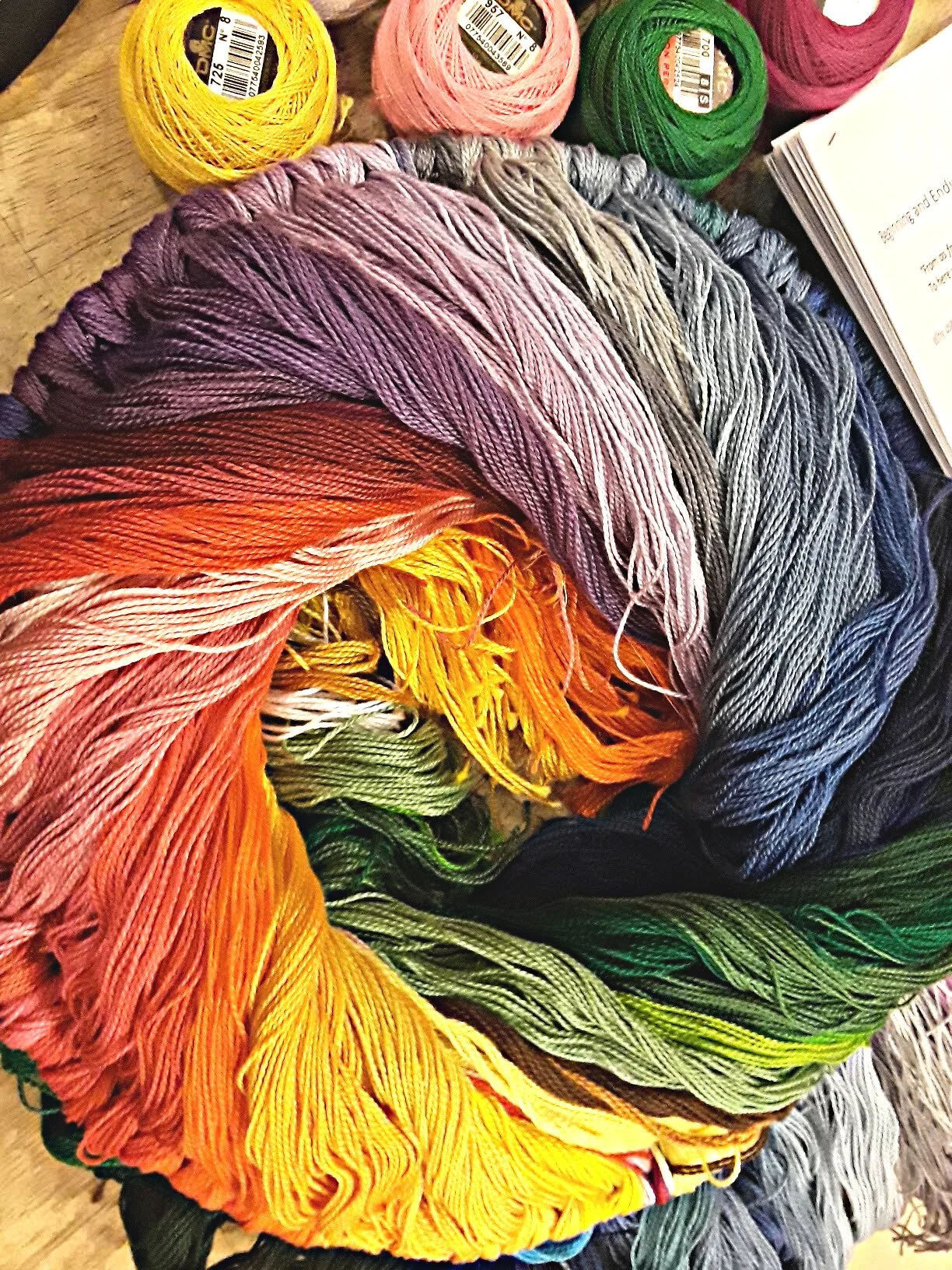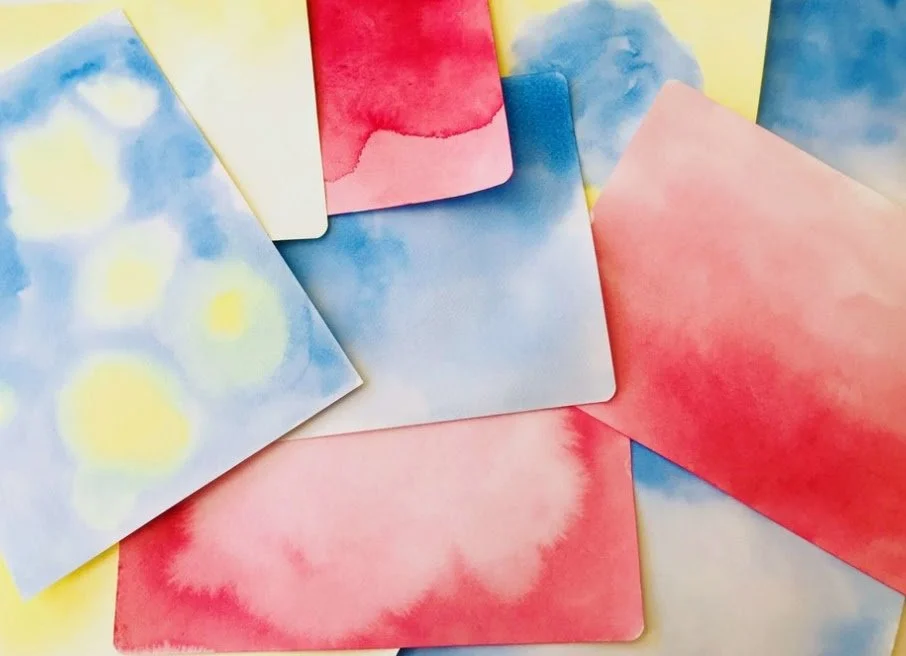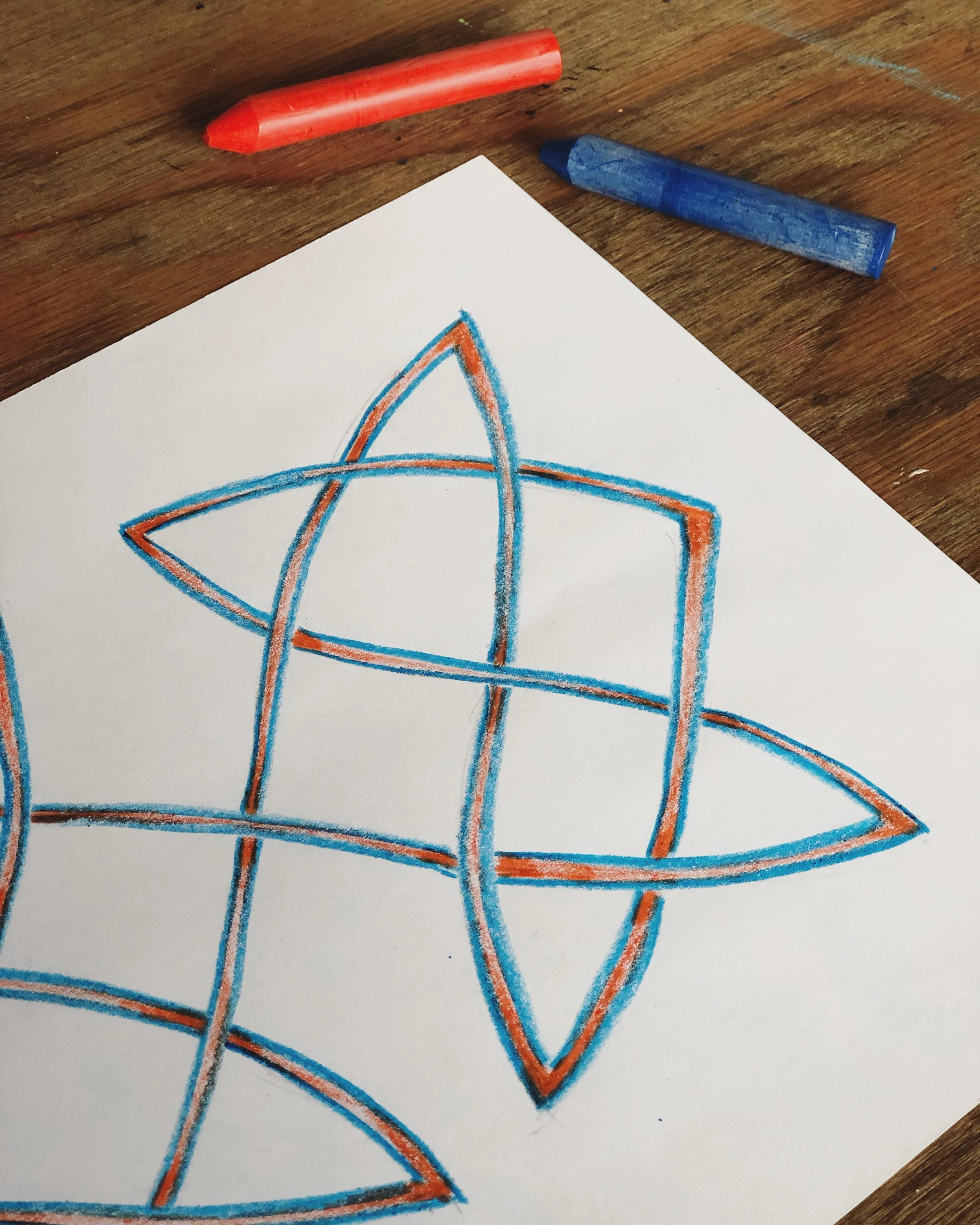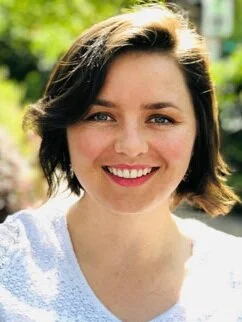4 Tips for Planning Your Homeschool Curriculum
Whether you’re a home or classroom educator, summer involves a different kind of work for many of us: preparation for the year to come!
I’m all about prepping for the future school year, but I’m also a huge believer that a teacher must actually take a break and recharge! For educators who are at-home or in a classroom, preparation is key to a successful year, but it can also become all consuming and stressful, and can burn-out an educator before the school year has even begun. In most Waldorf schools, and in the homeschool classroom, we move on to a new grade every year- which means learning and prepping new material every year!
When I started teaching, I prepped for hours every day during the summer, and yet, I also still prepped for hours during the school year. Why so much? Because I wasn’t working in a smart way- somehow along the road, I associated lots of prep with success (more work, more reward!) but I quickly learned this was very inaccurate.
Working smart gives more reward.
Here’s some things I learned (and asked myself) along the way to preparing wisely, and finding balance in prepping for a new year.
How do I learn the best?
When I first began teaching nearly ten years ago, I was given a big box of thick books to read over the summer as my prep materials. I would spend hours, and hours (and hours!) trying to trudge my way through them, taking copious notes and trying to squeeze out the information I would actually use for future blocks.
What new planning methods are you going to try?
However, I came to realize something about myself- I am a slow reader. I enjoy reading, and like to take my time. Trying to rush through a dense book, and desperately trying to identify any helpful information gave me a stress headache, and was slow (like...tortoise slow) going. So, I reassessed.
How do I learn best? How do I retain information well?
For me, it’s through auditory learning. Give me an audio book, or listen to a documentary, and I’ll be good to go, especially if I can keep my hands busy. I’d often draw future chalkboard drawings/MLB pages while listening to my prep. Not only did my days get less headache-y, but I was working smarter! So ask yourself, how do you learn best, and go with it! Honor how you learn, and don’t feel like you “have” to prep in some specific way. It’s got to work for you!
What are my strengths and areas of weakness?
Prep smart! I learned to take my summer months to prep for those things I struggled with, and knew the least about. For these blocks, I needed sufficient time to gain my confidence and feel strong enough to bring the material to my students. For me, these blocks were always having to do with science and math. So I took my time in the meandering summer hours to practice chemistry experiments or complicated algebra without the stress of having to teach it the next day.
How can your interests help you become a better planner?
On the other hand, my personal strengths are in history and language arts, so I would prepare for these blocks in the summer by listening to documentaries, podcasts, and reading children’s books – I made general outlines of what I wanted to accomplish, and the skills I wanted to highlight for my students. I knew that when these blocks came around in the school year, I’d be familiar with the material well enough to do my prep the weekend or evening before, without much stress or anxiety.
So, ask yourself- where does my stress lie, and what can I do to mitigate it?
Do you want to take an hour everyday to draw? A once-a-week “science day”? A week dedicated to practicing woven forms? What will help you gain confidence, and what subjects can be put off for a little while without stress?
Focus on those areas where you feel less than confident in these summer weeks where you have the gift of time- you won’t regret it!
Choose materials made for children.
In Waldorf education, we’re all about painting pictures with words, setting a scene, and enlivening stories of the past with language. So why not prep by using stories? Once I discovered the youth/children's section of the library, I fell in love and jumped for joy.
“Children’s books offer so much to us as teachers- there is beautiful language, images, and more that we can be inspired by!”
A change of scenery can be a source of inspiration- try somewhere new!
Can you create your own stories and images as you see fit? Of course! But why not start with materials meant to be seen through a child’s eyes? Supplement with other materials as well if you choose, and build your lessons with a little boost from established authors, historians, and mathematicians.
Where can I add a little something special? (And also give myself a little break!)
As educators, we are used to holding each and every day and many subjects by ourselves. Some are lucky to have the support of specialty teachers, but in general, we are still holding the whole picture of the day. It can be a lot!
So- can you give yourself a moment or two during a block where you don’t have to hold the whole lesson by yourself?
Where would be a good place to bring in a guest speaker?
Visit a museum with a docent?
Go on a hike for student-lead nature observation?
Of course, you’ll still have planning on your part, but there is so much value in having your students or child learn from someone else or be given space to work independently, and to allow you to step back for a moment! I would suggest adding these special activities especially in blocks that are not one of your “strengths.”
“As educators, we aren’t always good at asking for or giving ourselves support, but we really want to encourage you to work smart, and allow yourself the gift of help and time. I’ll say it again- give yourself the gift of help and time! ”
What resources can provide support to enlivening your curriculum?
At Waldorfish, we offer fully online courses built for educators and/or students that do so much of the prep for you! Instead of having to start from zero, our courses provide a full block or year’s worth of content, along with detailed supply lists and support from our experienced instructors.
*So, where do you need support?
Art, geometry, science courses, watercolor painting, form drawing, inspiration for festival life?
Start here and let the stress go, we’ve got you!
Sit back for a moment, have a sip of iced coffee (that’s what we’re drinking in blazing California, at least!) and reflect upon your remaining weeks of summer.
How can you prep smart, and take plenty of time to rest, rejuvenate, and enjoy?
More support for your planning:
About the Author:
Caitlin Amajor taught in the Waldorf middle school for seven years, and is also a Waldorf student herself. She currently works as an administrative assistant for Waldorfish, and is also the instructor for their grades 5 and 6 geometry courses. Caitlin enjoys baking, gardening, and spending time with friends and family.


